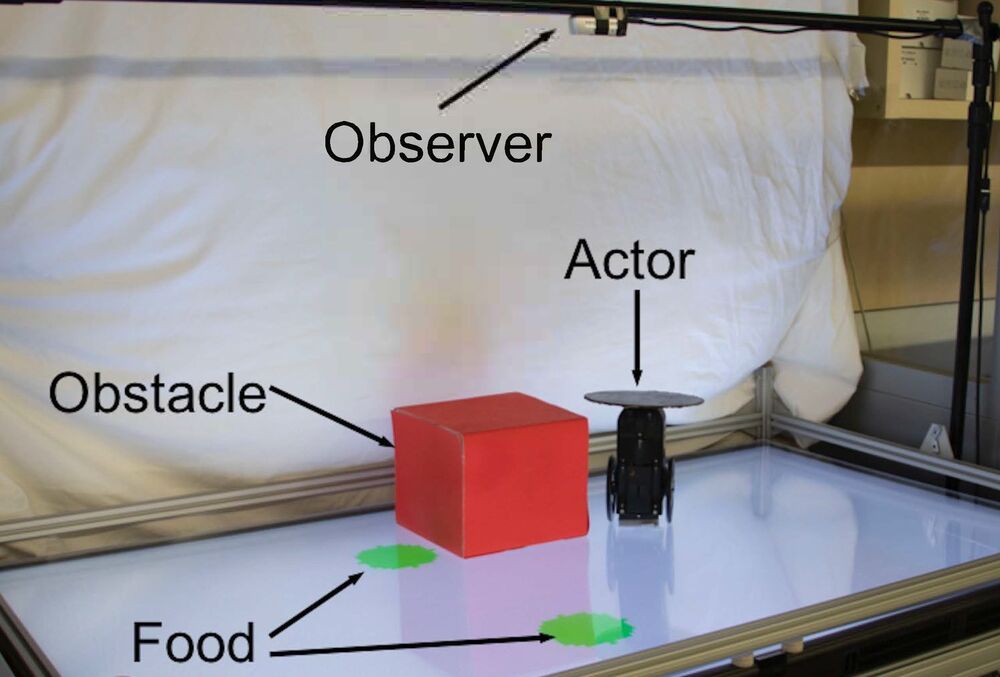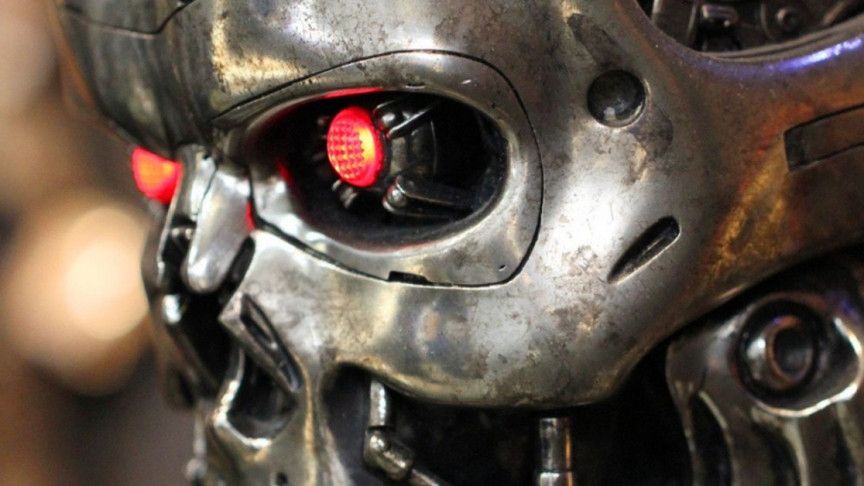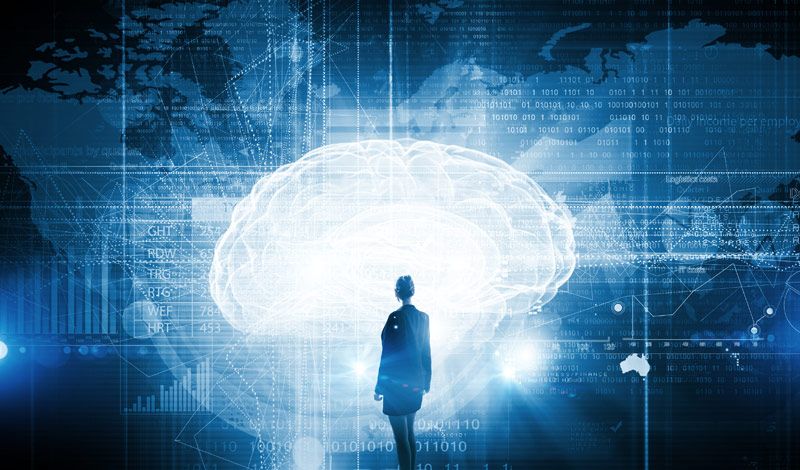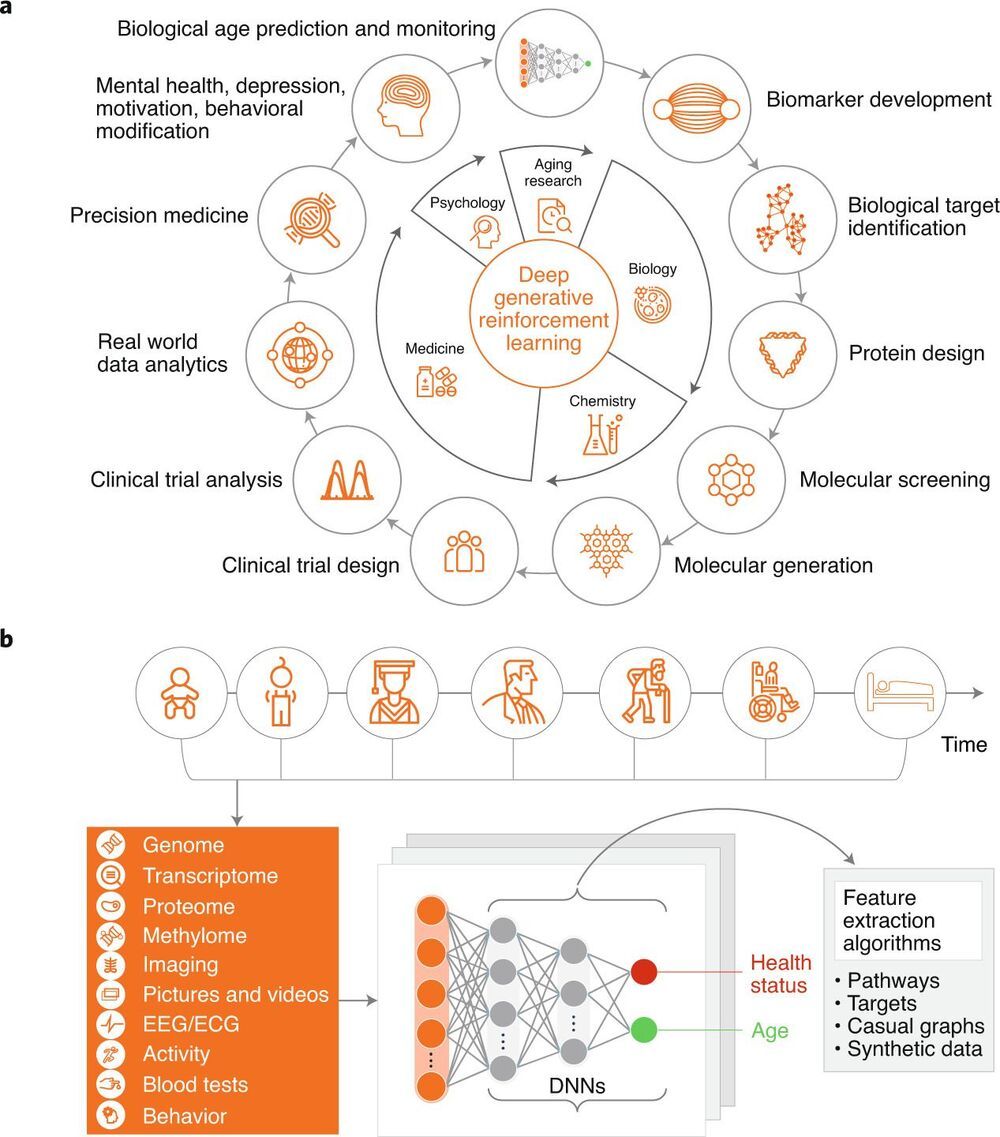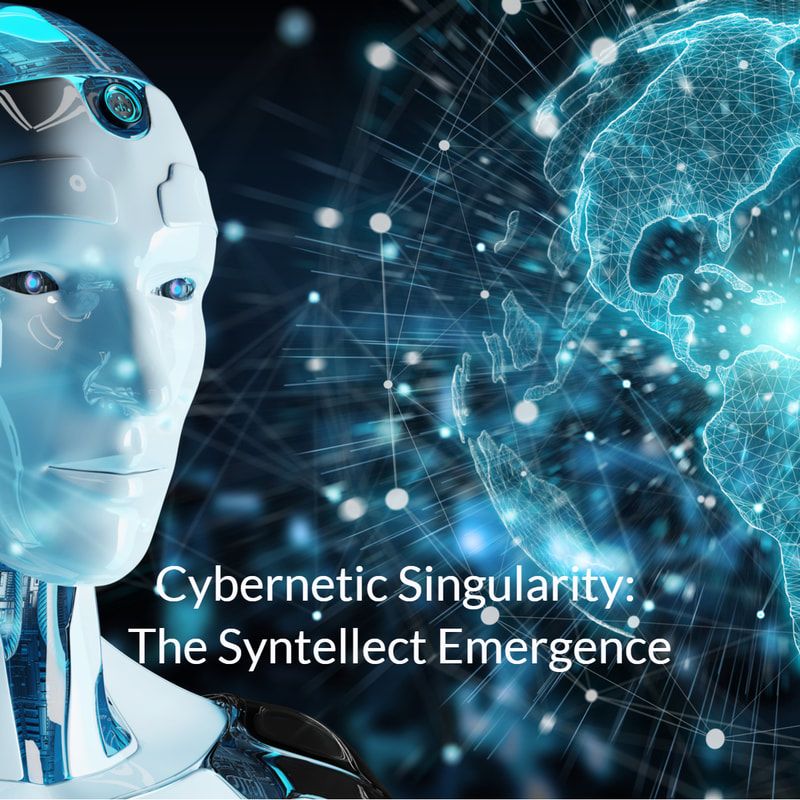Elon Musk’s Neuralink showcases working implanted brain computer and promises future health benefits.
Elon Musk company Neuralink has been researching how directly interfacing with the brain could be used as therapy for chronic and debilitating medical conditions, as well as exploring how technological augmentation could expand and develop the capabilities of the human brain.
Longevity. Technology: Neuralink have been decidedly cagey about their progress, despite having $158m, in funding, $100m of which comes from Musk himself [1]. Tonight’s live broadcast featured misbehaving pigs (I’m looking at you here, Gertrude!) and a glimpse of the future of robotic surgery, but Elon Musk continued to operate at his self-proclaimed “speed of thought” pushing the boundaries between brains and technology.
Prior to today’s update, the last real news was in July last year, when they announced they were developing a “sewing machine-like” device that could implant incredibly thin (4 to 6 μm) threads in the brain. The company also demonstrated a system that read information from a lab rat via 1500 electrodes and revealed they planned to start experiments with humans in 2020 [2].



